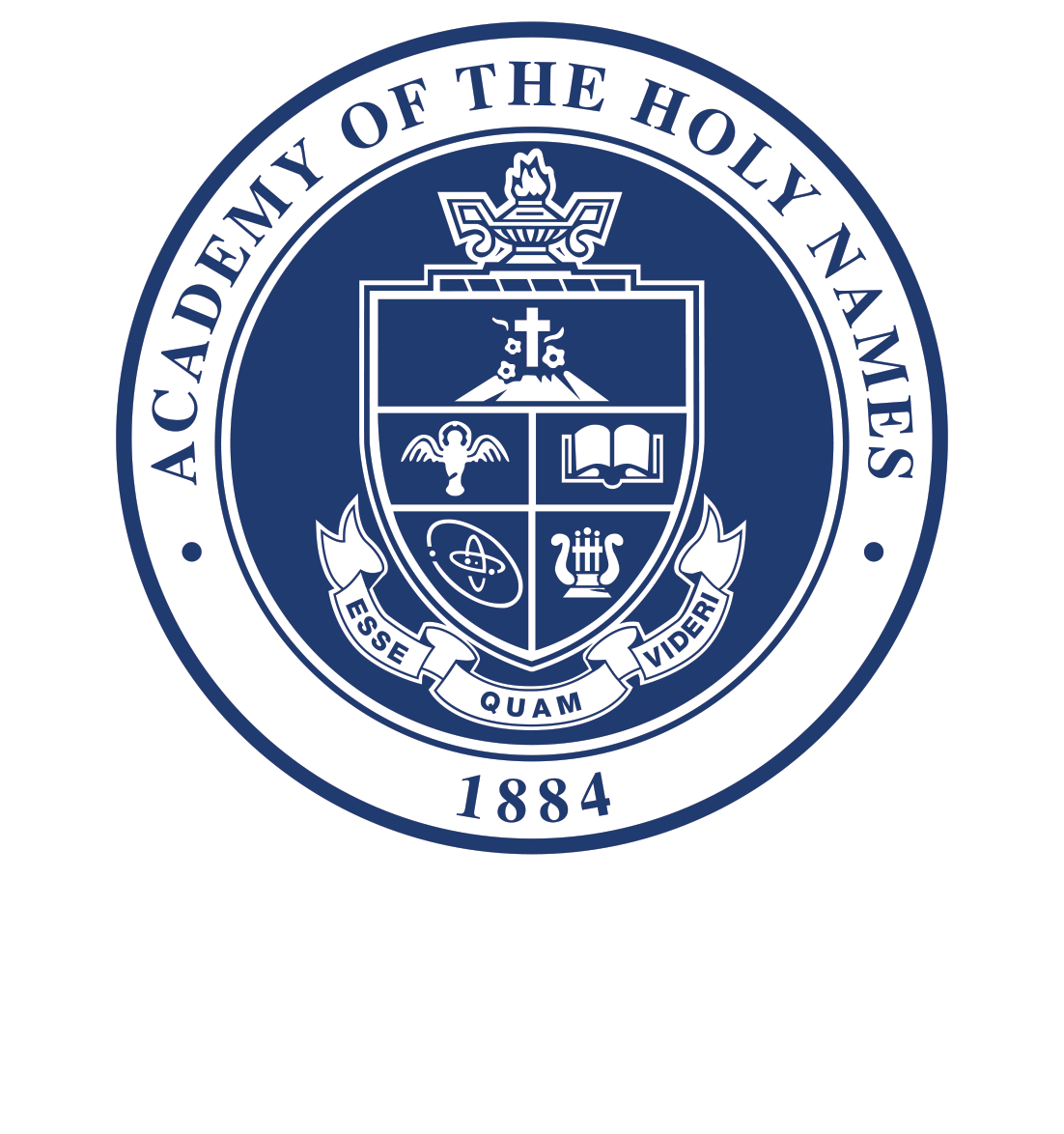By Dr. Martin Kilbridge
Did you know the Sisters of the Holy Names of Jesus and Mary won a landmark Supreme Court case? Pierce v. Society of Sisters is celebrating its centenary and you can thank the ruling and the Sisters for the right of parents to send their children to independent schools and for establishing a precedent that has secured many of our civil rights.
The right to determine the form of education a parent chooses and other religious freedoms were under threat in the 1920s when Nativism and the Ku Klux Klan were powerful anti-immigrant, anti-Catholic forces. This xenophobic sentiment had been brewing for some time as is captured in a 1912 report by the Oregon State Immigration Commission:
“There is a certain immigration from Europe which is undesirable, especially that which congregates in our cities and towns, creating slum districts living below the standard of American workmen, and entering into ruinous competition with American labor.”
The Oregon governor, Walter Pierce, had endorsed a compulsory education bill drafted by the KKK and the Masons aimed at shutting Catholic schools by requiring students to attend public schools. The bill passed as the Compulsory Education Act of 1922.
The Sisters of the Holy Names fought the case all the way to the Supreme Court and won in 1925. In his majority opinion Justice James C. McReynolds wrote of the Act of 1922 that it,
“unreasonably interferes with the liberty of parents and guardians to direct the upbringing and education of children under their control…The fundamental theory of liberty upon which all governments in this Union repose excludes any general power of the state to standardize its children by forcing them to accept instruction from public teachers only. The child is not the mere creature of the state; those who nurture him and direct his destiny have the right, coupled with the high duty, to recognize and prepare him for additional obligations…”
While the ruling was primarily a victory for individual liberties, the context and the outcome gives us hope that the forces of inclusion will overcome those of division.
I was introduced to Pierce v. Society of Sisters two decades ago in my Education Law class. Little did I know at the time that I would have the privilege of working in a school founded and supported by the Sisters. At Holy Names we nurture our young women to form their conscience toward a greater purpose. It is a high calling, one that rests on the moral and legal foundation established by the Sisters so many years ago.

